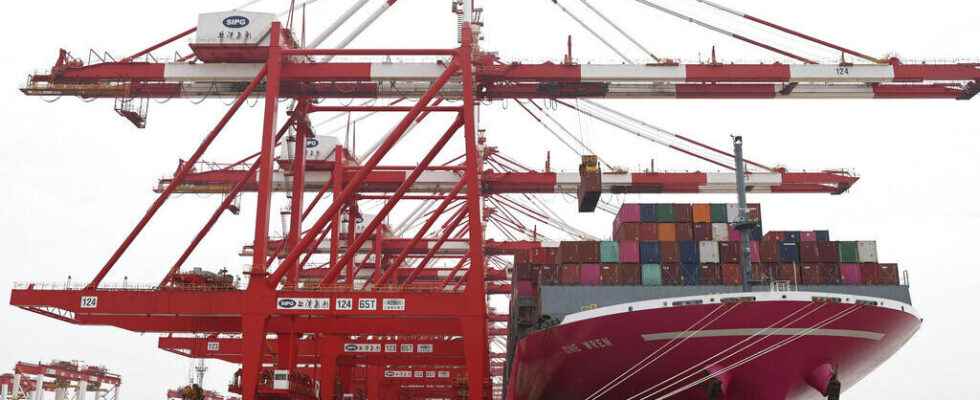In its bi-annual Food Outlook report, the Food and Agriculture Organization (FAO) estimates that global spending on food imports is set to jump 10% year on year to 1,940 billion in 2022, due to rising prices. The United Nations agency also warns that the global import bill for agricultural inputs, in particular fertilizers, is expected to increase by 48% compared to 2021.
This is a worrying situation for fragile countries already plagued by food insecurity. According to the FAO, the consequence of these increases will be dramatic for poor importing countries, such as Madagascar, Liberia or Lebanon. Not only will they pay more for their food imports, but the volumes purchased will be lower.
For so-called low-income countries, spending is expected to remain constant, but volumes could fall by around 10%. The UN organization plans for sub-Saharan Africa, plagued by malnutrition, 4.8 billion dollars in additional expenditure for its food imports.
Nitrogen fertilizer prices up sharply
The situation is worrying for these countries which suffer on the one hand from the depreciation of their currencies against the dollar, currency of exchange on the international markets, but also from the war between Russia and Ukraine. These two agricultural superpowers normally provide them with part of their imports.
►Also listen: Soaring fertilizer prices: concern of major agricultural countries
In addition, soaring gas costs caused the tripling of the price of nitrogen fertilizers, of which Russia was the world’s largest exporter. The FAO is concerned that some countries may no longer be able to use enough fertilizer for their own crops, which would affect yields and reduce the national food supply.
The FAO, which anticipates food security problems in countries heavily dependent on imports until 2023, is calling for the establishment of a financing facility mechanism.
